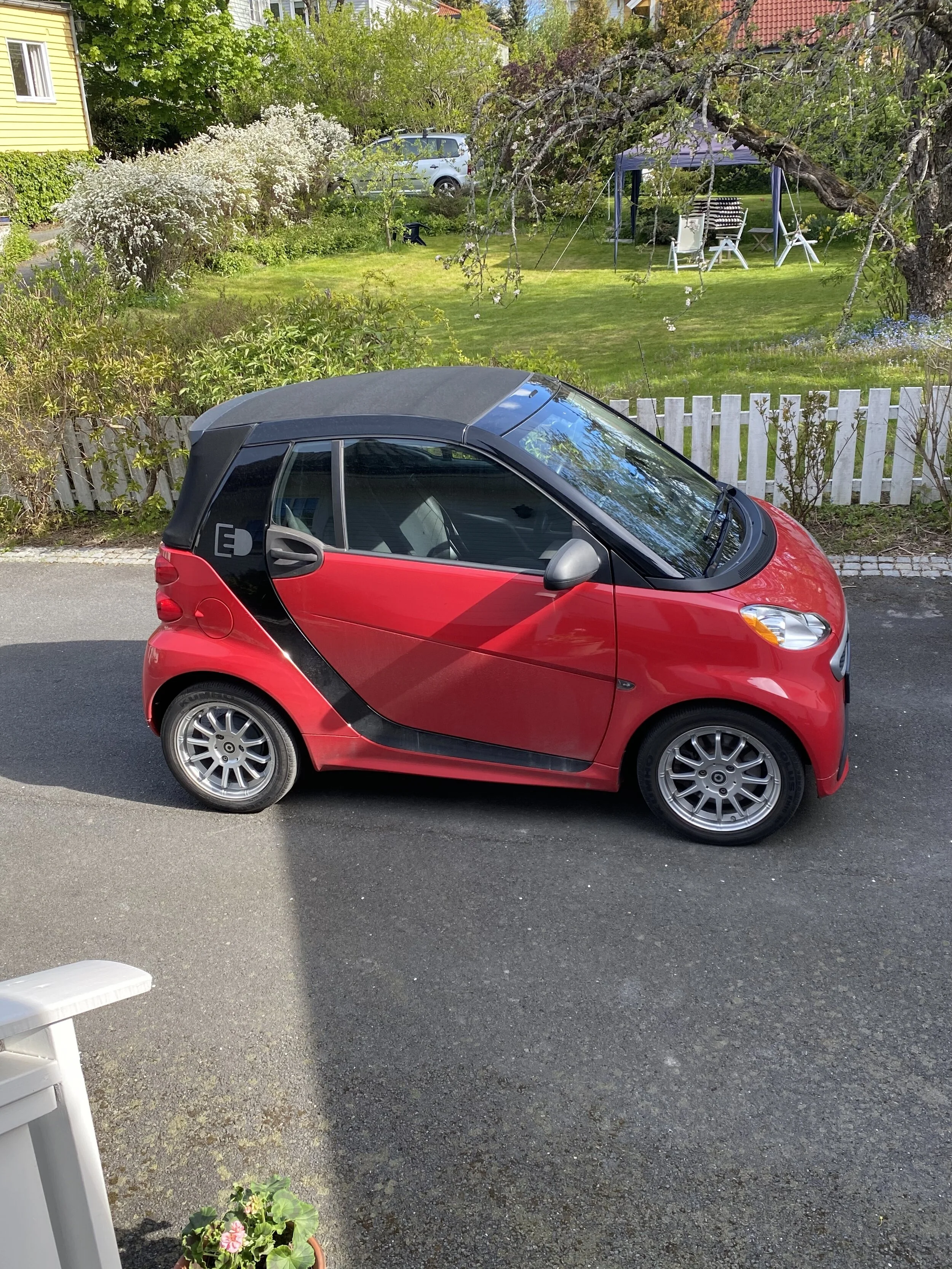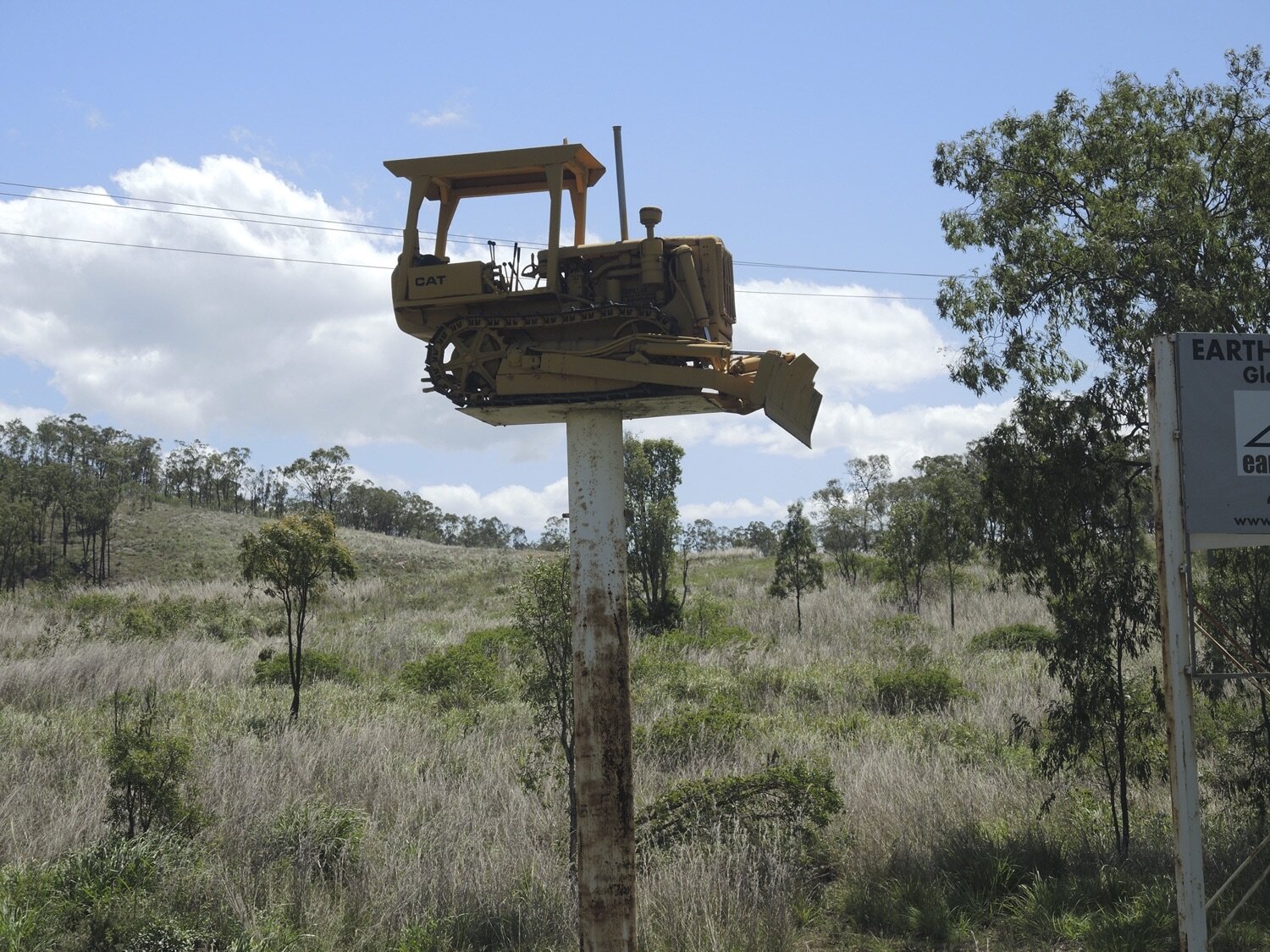Dagbok 15. mai 2020
“Jeg kom på at det var noe jeg måtte huske da mobilalarmen pep ti på syv, og mens jeg barberte meg innså jeg at det dreide seg om lettmelk. Etter at barna flyttet hjemmefra er de daglige innkjøpene blitt mer usystematiske, og i går droppet jeg supermarkedet og kjøpte bare et brød hos bakeren.”
A window of opportunity
Yes, the pandemic has led to uncertainty, anxiety, suffering and deepened misery for many of the world’s poor. Yet, we may still insist that the glass is half full. This is in fact a golden opportunity for those who seriously wish to deal with the crises of the environment and climate.
Farvel til kong Kapitalocen
Det er på tide å legge kapitalismen bak seg, om ikke av de samme grunnene som Marx og hans tilhengere gikk inn for. Men problemet er stadig at kapitalismen vet hva alt koster, men ikke hva noe er verdt.
A university is not a factory
A university is not a car factory. And our students are not components to be assembled and processed on a production line in the most technocratically efficient manner without a thought for the culture or working environment in which they learn and develop.
Anthropology in Norway – a potted history
Taking a few steps back, I used the invitation to write an essay about anthropology in Norway as a pretext for delving slightly more deeply into the beginnings – from Eilert Sundt to Gutorm Gjessing – than what is usual.
Boomtown
In Gladstone, even the sunset is sponsored by the fossil fuel industry. To watch the sun setting in the west, you must also simultaneously stare at the three tall, symmetrical columns of Gladstone Power Station.
Hurdal Ecovillage as an Alternative Ecological Space
“It is easier to imagine the end of the world than the end of capitalism” – says the famous phrase, often attributed to Frederic Jameson and Slavoj Zizek, and referring to the lack of realistic alternative systems .
Overheating: The TEDx version
In October, 2017, I spoke about Overheating at the annual TEDx event in Trondheim, central Norway.
A planet afflicted by a high fever
The world is ‘overheated’. Too full and too fast; uneven and unequal. It is the age of the Anthropocene, of humanity’s indelible mark upon the planet. In short, it is globalisation – but not as we know it.
Clashing scales of Brexit
Mainstream newspapers, politicians and commentators across Europe instantly expressed dejection and bitterness in the face of the Brexit outcome, and avid Brexiteers have typically been portrayed as xenophobes and bigots, Little Englanders or foolish opportunists incapable of understanding the dangerous ramifications and likely Domino effects of their choice.
From national icon to neoliberal monument
This text began as a radio essay on BBC Radio 4 in November 2015, later developed into a web essay at Versopolis. It chronicles the shift from the mid 20th to the early 21st century through a meditation on “The metamorphosis of the Holmenkollen ski jumping hill”.
It’s the culture, stupid! Or is it?
The events in Cologne have sparked controversies across Europe. This time, the topic is not the economic and social costs of the refugee crisis, but questions concerning culture and gender. We need a proper language in which to address these issues.
The Paris massacre and the Syrian refugee crisis
Two dramatic events, one unfolding over the last several years, the other a sudden shock, currently eclipse all other issues. Syrians desperate to escape their broken country enter neighbouring and European countries in huge numbers, and a handful of bloodthirsty fanatics have killed over a hundred random, innocent people in Paris.
A prize for Edward Snowden
A few months ago, it was as if everybody wanted to be Charlie (Hebdo). This gesture was laudable enough (if not always credible), but who wants to be Edward Snowden?
Sex and temperament: Mead, Bateson and Fortune, New Guinea, 1933.
It was the most complicated of things, a love triangle involving young professionals who were meant to collaborate, and who did, but whose contrasting personalities and diverging agendas immediately led to tensions which would tear them apart.
What´s wrong with the Global North and the Global South?
As a young schoolboy in the 1970s, I learned that there were two kinds of countries in the world: The industrialized countries and the developing countries. In Norwegian, they were abbreviated as i-land and u-land (“i-countries and d-countries”).
Open Access and the academic gift economy
No, I’m not arguing that everything should be free. Just academic articles. And I mean really free, in most senses of the word.
She prefers simplicity to paradoxes, answers to dilemmas
I’ve been reading Naomi Klein’s new book This Changes Everything, and it is quite disappointing. There is little by way of intellectual excitement, sense of discovery or curiosity to be had from the book.
Whatever happened to prog?
Progressive rock can be seen as a barometer of the Zeitgeist of its time. Not only was there optimism, but there was also a widespread belief that it was possible to do things differently. All sorts of things, really.



















